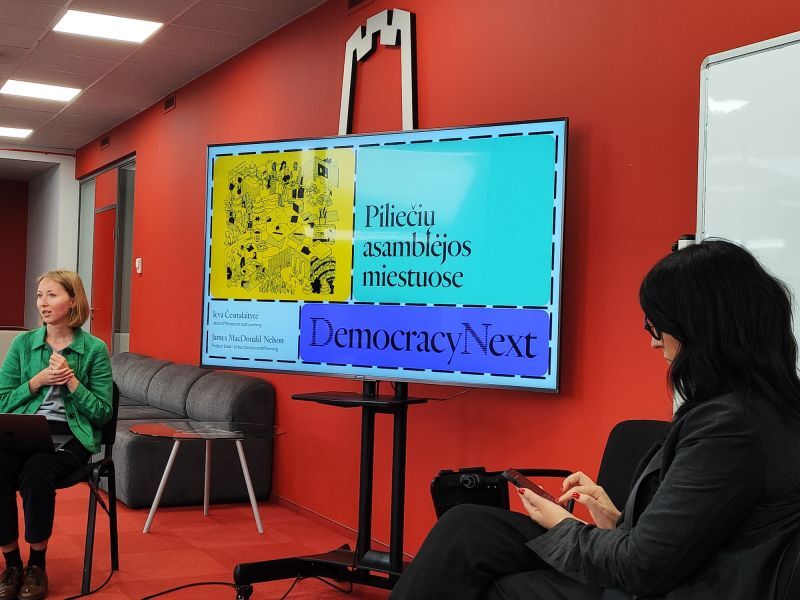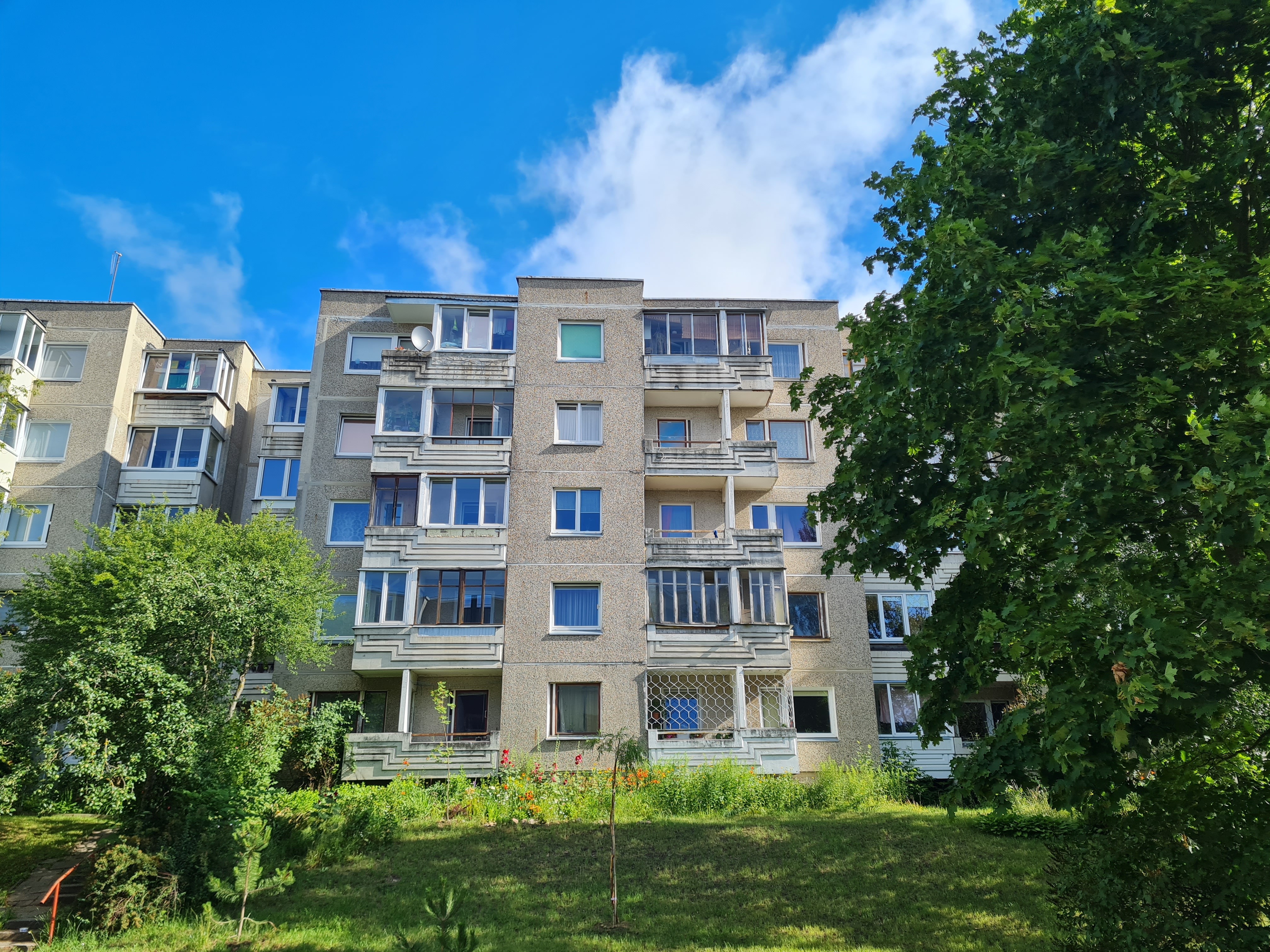“The Vilnius assembly will bring together residents, experts, and stakeholders to collaborate on innovative ideas, guiding the sustainable and inclusive growth of Vilnius, with the voice of its citizens at the heart of every decision.”
By empowering residents to actively participate in decision-making processes, it is possible to unlock the potential for sustainable regeneration that aligns with the unique needs and aspirations of each community. A Citizens’ Assembly on the local level is also one way to build democratic resilience in a context where, in light of the war in Ukraine, increasing levels of authoritarianism surrounding Lithuania are a significant and very real threat.
In 2025, Vilnius will implement a Citizens’ Assembly, a first in Lithuania, to engage citizens in shaping the future of the city and DemocracyNext will work closely with the city to help determine what the exact question will be. This will be the kind of issue that requires tapping into the collective intelligence of people living in the city to work together and find common ground on recommendations. The Citizens’ Assembly will connect to the existing participation initiatives and frameworks in the city, taking them to the next level. The intention is to learn from this first experience to institutionalise Citizens’ Assemblies and make them a part of Vilnius' expanded democratic structure.

In Lithuania, participatory budgeting is quite a popular citizen participation method, as well as public consultations and town hall meetings. But more advanced engagement methods, like deliberative processes, haven't been implemented yet. Lithuania is now catching up with its neighbours in the region, who have been implementing assemblies since 2016.
Since 2019 Vilnius municipality has been testing various forms of citizen participation in urban planning. The most recent examples have involved process-driven participation sprints to create visions and guidelines for change in public spaces. These sprints may last from 2 months to 1 year involving online and street surveys, creative workshops, pop-up project discussions, street festivals, and so on. Some of these include:
October 2024 - January 2025: All cities in the cohort will follow a 9 module Citizens' Assembly Learning Programme to build their knowledge and capacity to deliver an assembly in their context.
Early 2025: DemocracyNext will run an assembly design workshop to discuss and decide on the specific elements for the whole process (sortition, framing the question, number of assembly members etc.).
2025: The assembly will take place some point in 2025.
“I am thrilled to announce that Vilnius is set to host its very first Citizens' Assembly on urban development! This is a momentous occasion for our city as we embark on a journey to engage our community in shaping the future of our urban spaces. Citizens' Assemblies are participatory forums where a diverse group of residents come together to deliberate and provide input on key issues, ensuring a wide range of perspectives are considered in the decision-making process.”
Collaborator: Vilnius City Municipality
Country: Lithuania Population: 630.562
Vilnius is the capital and largest city of Lithuania, serving as the political, cultural, and economic heart of the country. The city has a rich history, with its origins dating back to the early 14th century, as the centre of the Grand Duchy of Lithuania. Historically, Vilnius has been a melting pot of various cultures and ethnicities, including Lithuanian, Polish, Jewish, Russian, and Belarusian communities.
Today, the city features one of the largest and best-preserved mediaeval old towns in Europe, recognized as a UNESCO World Heritage Site. It has also become a hub for digital nomads in recent years, with areas like the New City Center have transformed into bustling business districts with modern skyscrapers, while neighbourhoods like Užupis offer charm with its unique cultural and historical identity. Overall, Vilnius is characterised by its blend of historical significance and contemporary urban life.
Vilnius, like many other post-Soviet-era cities, also faces the challenge of an ageing housing stock– mass housing areas built after the war during the Soviet occupation. These areas, however, play a crucial role in shaping the urban fabric of Vilnius. Around 60% of the city’s population reside in these neighbourhoods marked by outdated infrastructure, poor living conditions, neglected public spaces, and social alienation. Soviet mass housing also marks the legacy of centralised governance, which excluded citizens from decision-making processes and degraded local social capital.

Stay tuned!
Make sure to check back here for updates as we continue this collaboration with Vilnius.
← Back to Cities Programme